


Books in series

Speaking Back
2002

Gender Identity and Discourse Analysis
2002
Separate and Unequal
Judicial rhetoric and women's rights
2002

Politics as Text and Talk
Analytic approaches to political discourse
2002

Discourse and Silencing
Representation and the language of displacement
2003

الديمقراطية في الخطاب السياسي المصري المعاصر
2003

(Mis)Representing Islam
2004

Narrative Counselling
2004

Power Without Domination
2005

A New Agenda in (Critical) Discourse Analysis
2005

Racism and Discourse in Latin America
2005

Discourse and Power in a Multilingual World
2005

Language, Communication and the Economy
2005

Manipulation and Ideologies in the Twentieth Century
Discourse, Language, Mind
2005

Mediating Ideology in Text And Image
Ten Critical Studies
2006

Explorations in the Sociology of Language and Religion
2006

Language, Religion and National Identity in Europe and the Middle East
A historical study
2006

Washing the Brain - Metaphor and Hidden Ideology
2007

Discourse, War and Terrorism
2007

The Discourse of Europe
Talk and text in everyday life
2007

Reconciliation Discourse
The case of the Truth and Reconciliation Commission
2008
What We Remember
The construction of memory in military discourse
2008

The Social Construction of SARS
Studies of a Health Communication Crisis
2008

Rhetoric in Detail
Discourse analyses of rhetorical talk and text
2008

Shaping Minds
2008
Discourses on Language and Integration. Critical Perspectives on Language Testing Regimes in Europe.
2009

Arab News and Conflict
2009

Perspectives in Politics and Discourse
2010

The Post-Communist Condition
2010
European Parliaments Under Scrutiny. Discourse Strategies and Interaction Practices.
2010

Representations and Othering in Discourse
The construction of Turkey in the EU context
2010

Talking Politics in Broadcast Media
2011
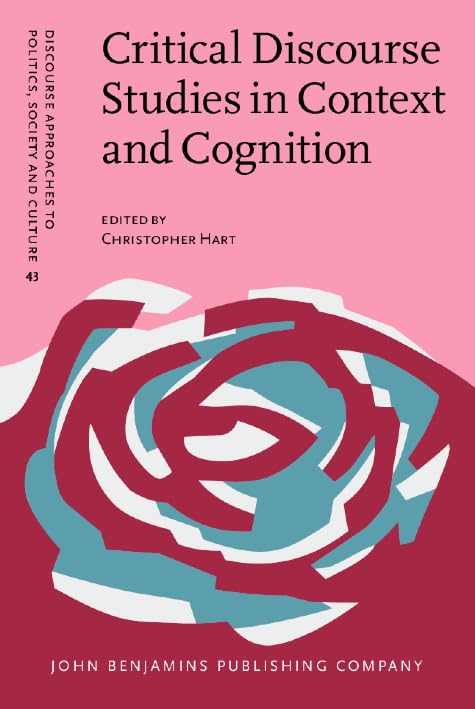
Critical Discourse Studies in Context and Cognition
2011

Transforming National Holidays
2012

Speaking of Europe
2013

Analyzing Genres in Political Communication
Theory and Practice
2013

The Discursive Construction of the Scots Language
2013
Discourse, Politics and Media in Contemporary China
2014

From Text to Political Positions
2014

Trust and Discourse
2014

Gender, Language and Ideology
2014
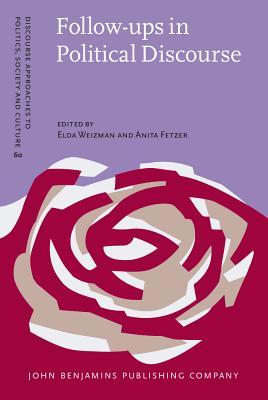
Follow-ups in Political Discourse
2015
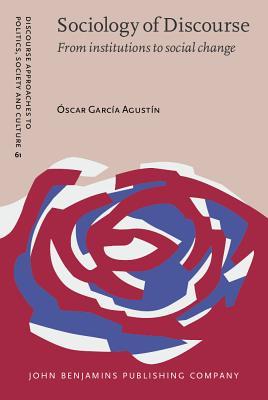
Sociology of Discourse
2015
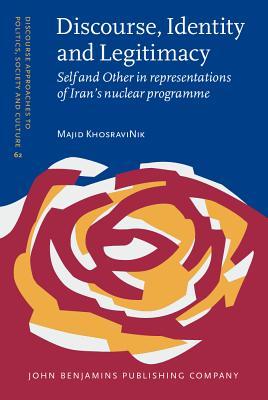
Discourse, Identity and Legitimacy
2015
Studies of Discourse and Governmentality
New perspectives and methods
2016
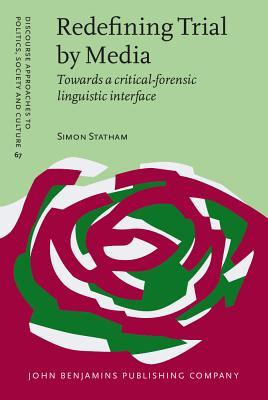
Redefining Trial by Media
2016
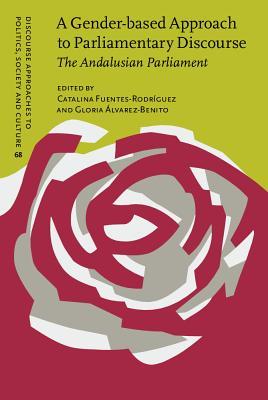
A Gender-based Approach to Parliamentary Discourse
2016
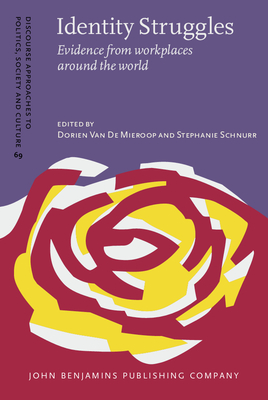
Identity Struggles
2017
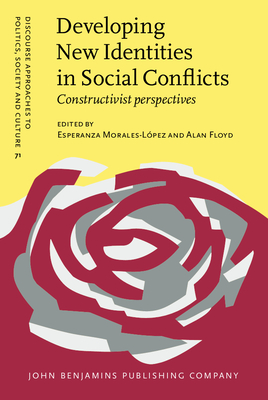
Developing New Identities in Social Conflicts
2017
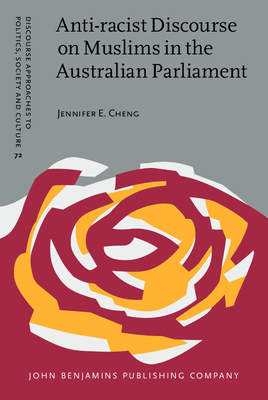
Anti-racist Discourse on Muslims in the Australian Parliament
2017
Discourse and Identity Formation
Parliamentary debates in Bahrain
2017
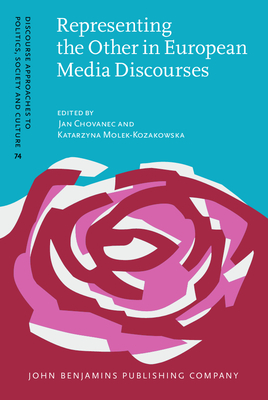
Representing the Other in European Media Discourses
2017
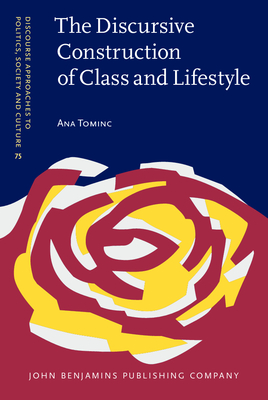
The Discursive Construction of Class and Lifestyle
2017
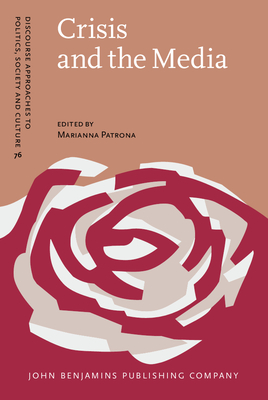
Crisis and the Media
2018
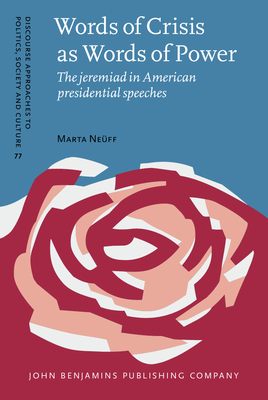
Words of Crisis as Words of Power
2018
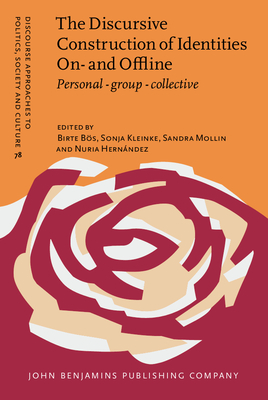
The Discursive Construction of Identities On- and Offline
2018
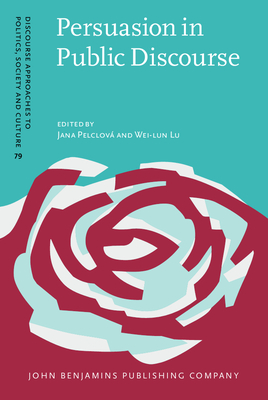
Persuasion in Public Discourse
2018
Doing Politics
Discursivity, performativity and mediation in political discourse
2018
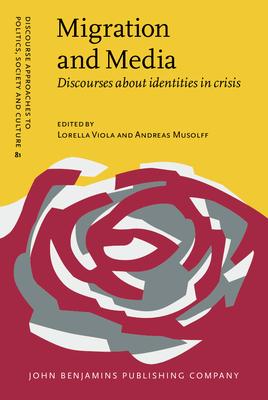
Migration and Media
2019
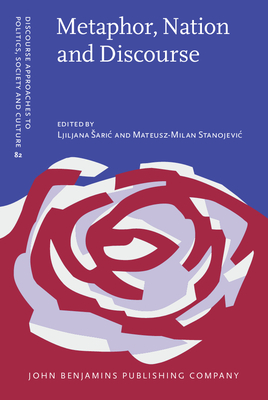
Metaphor, Nation and Discourse
2019
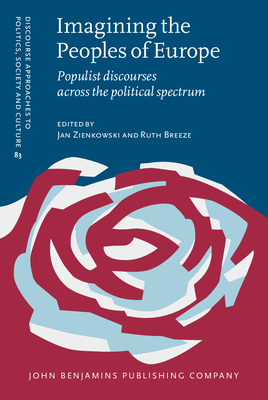
Imagining the Peoples of Europe
2019
Political Discourse in Central, Eastern and Balkan Europe
2019
Variation in Political Metaphor
2019
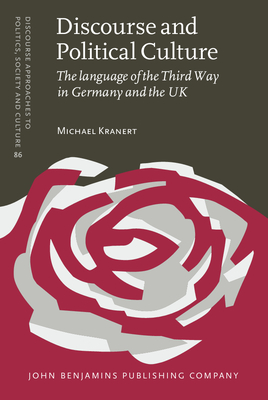
Discourse and Political Culture
The Language of the Third Way in Germany and the UK
2019
The Language of Crisis
Metaphors, Frames and Discourses
2020
Authors

